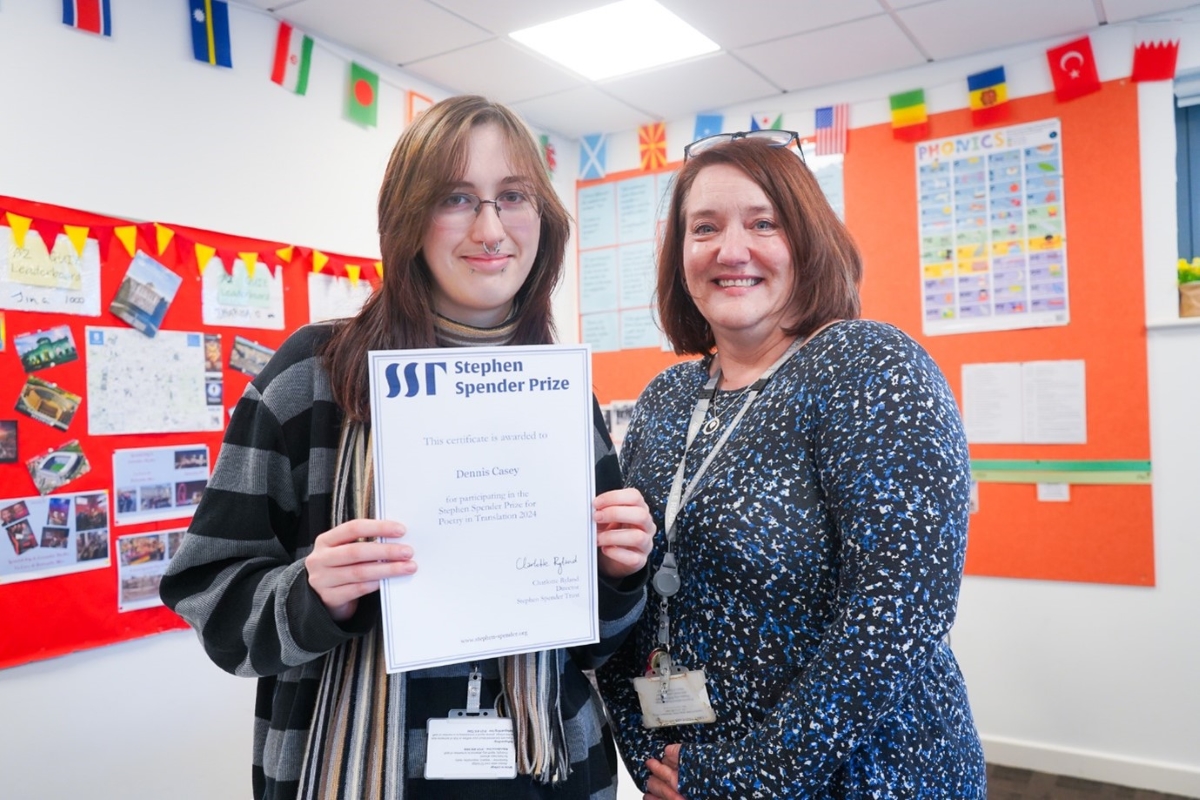Success from behind a screen: Communicating effectively in virtual job interviews

Students graduating this year will undeniably be stepping into a challenging job market as we overcome the impact of Covid-19. Given that the pandemic has put many graduate employment opportunities under threat, graduates will now be under even more pressure to stand out and highlight the value that they can bring to prospective employers. With the job search now having moved online, face-to-face interaction, a first look at the work environment, and a warm handshake have all become things of the past.
New circumstances can lead to increased nerves and can leave candidates feeling uneasy when interacting with others; unhelpful, when projecting confidence is key in an interview. To provide support, student living specialist, Scape, has worked with body language expert, Professor Gwyneth Doherty-Sneddon, to give advice and guidance to those trying to navigate a nerve-wracking job interview.
Think of the positives
For a graduate, an imposing conference room with a panel of interviewers is likely to be a far more daunting space than sitting in front of a laptop. In the familiarity of a home workspace, they are likely to feel far more at ease – so they should use this confidence to their advantage.
The virtual interview format means they will also see the interviewer’s faces as soon as they log on before the interview commences. They should be encouraged to make the most of this opportunity and take the time to greet and speak with their potential employer before and after the interview takes place. Friendly small talk can go a long way towards making a candidate memorable and well-liked.
Keep the camera on
While it can tempting for the more introverted graduates to keep their camera off due to shyness or nerves, it is essential to be aware that it will stop the interviewers from having access to potentially critical visual cues. Visual cues will help employers retrieve and remember information from the interview – and being forgotten is not what anybody wants.
Turning the camera off may also appear rude or hostile to a potential employer. The candidate is essentially saying: ‘I don’t mind looking at you, but I don’t want you to see me’. To make a good impression, they need to show up to show they are engaged.
Keep the conversation two-sided
When communication is one-sided, it is often easy for both parties to forget what was said. To get the most out of an interview, graduates must engage with the interviewers and look for opportunities to ask questions. Doing this will allow the conversation to be two-sided; both candidates and employers will glean more information about each other and get much more from the interview process.
Eye contact is not to be feared
When it comes to talking with a potential employer, sustained eye contact is likely to feel unsettling sometimes, especially when graduates are trying to show how fantastic they are. We tend to stare at the screen in a way we would never usually stare at somebody’s face when meeting them in person. It should not put candidates off if they feel interviewers are staring at them: they are likely to be far more focused on what the graduates say than what they look like on screen. Nevertheless, interviewees should ensure they and their backgrounds look as neat, tidy and professional as possible!
In the same vein, it can help graduates visibly or audibly react to what employers say during an interview, for example, while answering a question. A quick yes, no, nod or smile is likely to show engagement and reassure interviewers that they understand the points made.










Responses